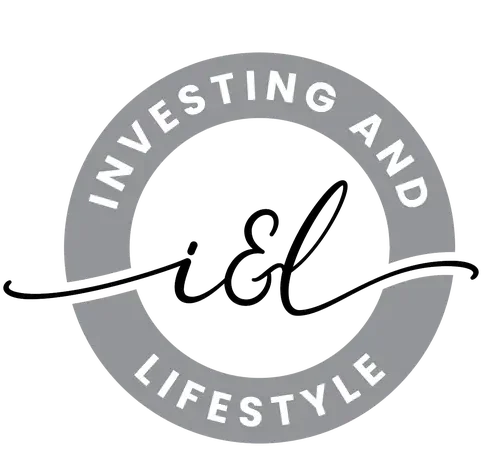Selecting the right forex broker (weather regulated forex broker or unregulated forex broker) is a crucial decision for any trader, as it determines reliability and trustworthiness. Amidst the vast array of forex brokers in the market, making this choice can be daunting.
Regulation is typically viewed as the primary indicator of a reputable broker. While not all unregulated brokers are fraudulent, the absence of oversight from regulatory authorities and lack of accountability can create opportunities for unethical behavior among some unregulated brokers. This exposes traders to various risks, including manipulation, non-transparency, and misappropriation of client funds.
Some of the reasons as to why brokers decide to operate as unregulated or proceed without the license can be:
To establish trust and credibility with both local and international clients, reputable brokers often seek regulation in stricter jurisdictions where non-compliance can incur significant penalties. Have a look at the top regulated and ECN brokers in the market HERE.
Many times, forex brokerages opt for tier-3 licenses if they are unwilling to obtain licensing from tier-1 regulators, aiming to enhance credibility. There are offshore locations with lenient regulatory bodies, which, while facilitating the emergence of new forex firms, may offer limited peace of mind to forex investors.
For traders considering unregulated brokers, it’s essential to weigh the potential pros and cons:
Cons of Trading with Unregulated Forex Broker:
In summary, while regulated brokers offer enhanced security, transparency, and regulatory oversight, unregulated brokers operate in a less regulated environment, presenting increased risks to traders’ funds and overall trading experience. Traders must exercise caution and conduct thorough due diligence before selecting a broker, giving priority to regulation and security measures.
